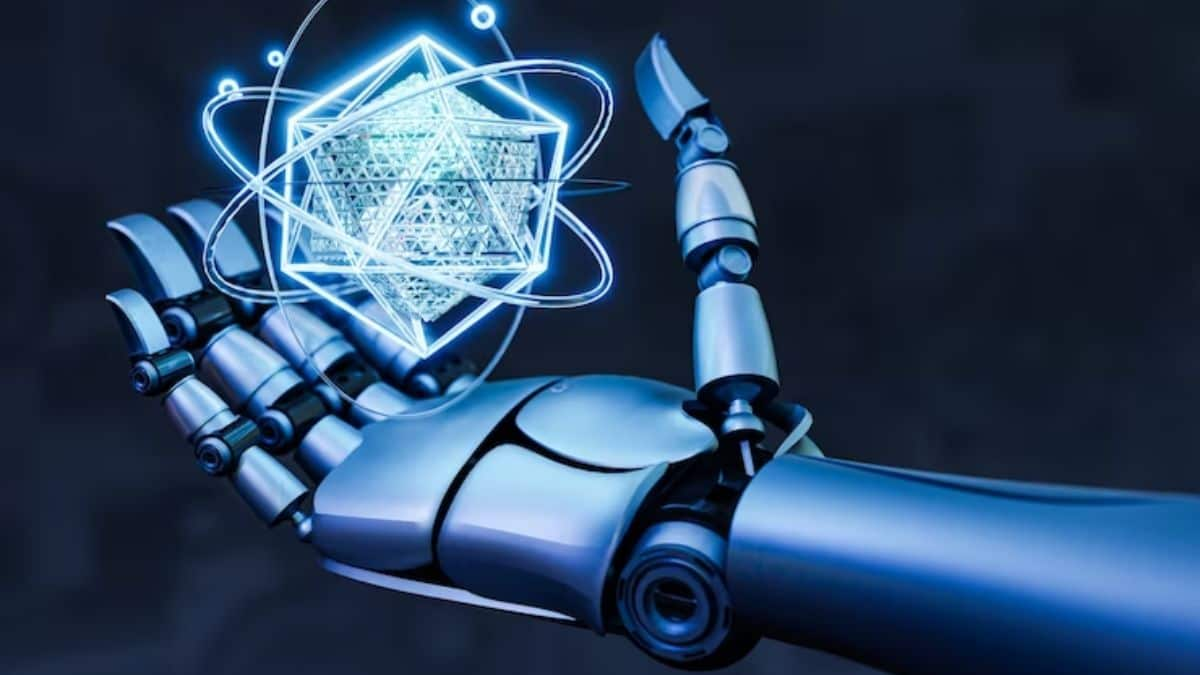In this digitally-induced world, the concept of workflow seems to be undergoing a rapid transformation because of artificial intelligence (AI). With DevOps also considered important to an organisation’s working methodology, it remains to be seen how AI can play a role in that. From what it’s understood, corporate challenges around security, data, automation, among others, are still at large, and experts believe that an AI in DevOps can be the answer to them.
Sign Up to get access to the Financial Express Exclusive and Premium Stories.Register NowAlready have a account? Sign in
According to MarketResearch.biz, a market research, analytics, and solutions company, global generative AI in DevOps market is expected to clock $22,100 million by 2032, at a 38.2% compound annual growth rate (CAGR) between 2023-32. Moreover, the market is expected to witness an upward trend, on account of cloud computing’s demands and need for software-based automation. In a conversation with FE TransformX, Aditya Joshi, CEO, OpalForce, an AI-oriented Oracle solutions company, talks about how AI’s influence over DevOps can fasten the global digital transformation process. (Edited Excerpts)
I believe AI’s mainstream adoption holds benefits for the DevOps concept in India. AI integration can enhance efficiency and cost-effectiveness in DevOps processes. It can facilitate automated testing, deployment, and monitoring, lowering operational costs. AI-driven resource management aims to optimise server usage and predict demand, which can be crucial for India’s market. Moreover, AI can enhance software quality by identifying bugs and vulnerabilities early in the development cycle. It seems to enable predictive analytics, aligning DevOps strategies with market demands in India’s market. The technology can aid in customisation, addressing multilingual and multicultural application requirements. Furthermore, AI seems to support scalability and contributes to workforce upskilling, aligning with India’s digital transformation initiatives.
What kinds of AI are considered beneficial for DevOps?
I think AI benefits DevOps. Machine Learning (ML) can enable predictive analytics, anomaly detection, and optimised decision-making. Natural Language Processing (NLP) can aid in sentiment analysis, chatbots, and extracting insights from communications. Computer Vision can help in infrastructure monitoring and visual inspection automation. Predictive analytics can assist in capacity planning and performance prediction. Reinforcement Learning can optimize decision-making in DevOps processes. Optimization algorithms can enhance code deployment and resource management. Chatbots and virtual assistants can facilitate communication and incident resolution. AI automated testing can ensure software quality. Decision Support Systems can provide insights for better choices. Intelligent automation can streamline tasks in the DevOps pipeline.
How can AI be implemented for DevOps? Which sectors can benefit from it?
AI in DevOps seems to involve integrating AI technologies into various stages of the life cycle for efficiency, automation, and better decision-making. I believe key implementations include automated testing, predictive analytics for performance optimisation, continuous monitoring with anomaly detection, automated code deployment, intelligent infrastructure management, NLP for collaboration insights, and chatbots for support and incident management.
Various sectors can benefit from AI and DevOps integration such as software development and information technology (IT) services, healthcare, finance and banking, e-commerce and retail, manufacturing and supply chain, telecommunications, automotive and transportation, energy and utilities, among others.
With IT partnerships happening, such as Infosys and Microsoft’s collaboration over generative AI prospects, what is the future of AI in DevOps?
The future of AI in DevOps is expected to bring automation, as it can result in DevOps providing better customer experience and higher-quality products. From what it’s understood, ModelOps, which’s the practice of bringing data science and operations together, is being adopted by many teams to benefit the future of AI-backed DevOps. Microservices architecture and cloud-native technology are two trends that should impact the future of DevOps. In conclusion, AI has the potential to become the primary tool for assessing, computing, and decision-making procedures in DevOps. In summary, AI integration through partnerships such as Infosys and Microsoft can enhance automation, collaboration, and efficiency in DevOps, resulting in faster software development and deployment.
Follow us onTwitter,Facebook,LinkedIn

Leave a Reply